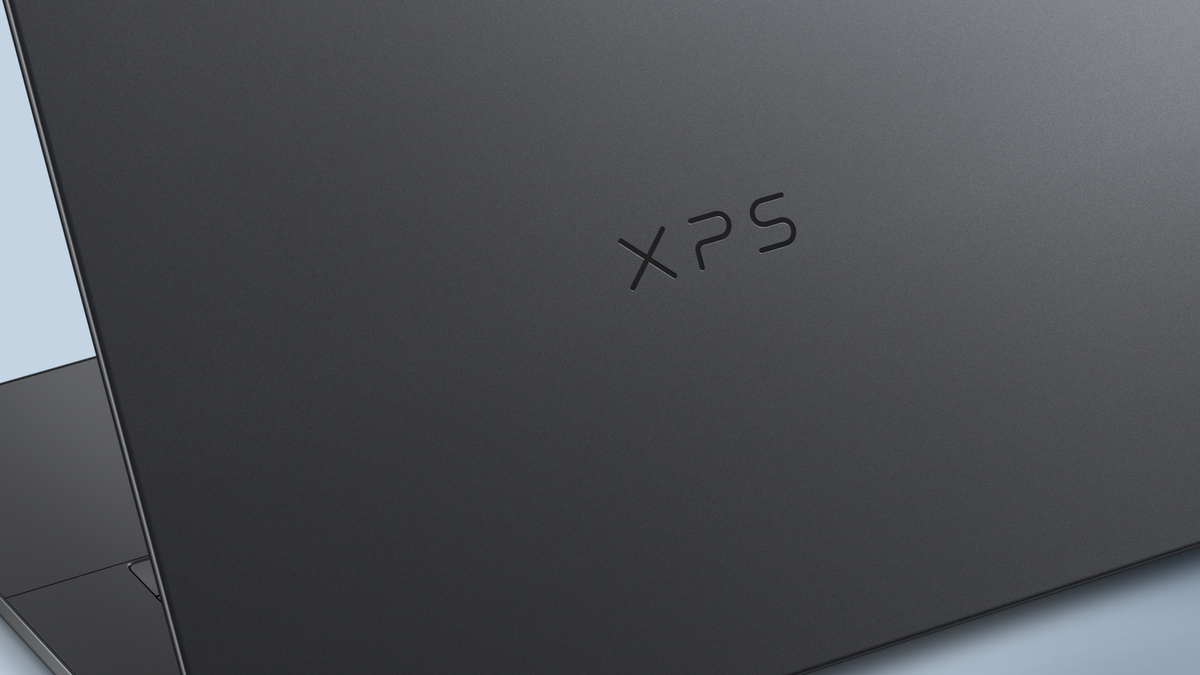Membership organization The ASCII Group Inc., of Bethesda, Md., attracts some of the IT world’s most experienced SMB technology providers. So we asked them:
What’s an example of something your customers should be worried about when it comes to BYOD?
Answer 1: Ill-Defined Policies
The first thing every business with BYOD devices needs is a policy to cover their use, loss, and/or theft. That can easily be tied into an acceptable usage policy that defines:
- Who owns the data on that BYOD device? How is it controlled?
- If the device is lost or stolen, can you do a remote wipe? Can you track the device?
- If you can connect and do the remote wipe, what happens should the user lose personal data on that device?
The intuitive answers to these questions are not necessarily the legally correct answers, which vary greatly by jurisdiction. There have already been several cases of users successfully suing employers over these matters.
So what’s an employer to do? At a minimum, spell out clearly that BYOD devices will be completely wiped if lost, and then define exactly what “lost” means.
 Joshua Liberman
Joshua Liberman
President
Net Sciences Inc.
ASCII Group member since 1996
Answer 2: End User Self-Management
With BYOD, you are relying on the end user to handle all of the maintenance and security patches on their own devices. The recent WannaCry ransomware virus exploited a Windows vulnerability that Microsoft had patched in March. Devices not equipped with that patch were vulnerable anyway. By allowing non-professionals to manage their own devices, companies are leaving their entire network open to such exploits and dangers. One employee’s misstep could quickly cause companywide havoc.
BYOD has its advantages, but I believe the disadvantages far outweigh the benefits and that businesses should supply their employees with company-managed devices.
 Mike Bloomfield
Mike Bloomfield
President
Tekie Geek
ASCII Group member since 2016













